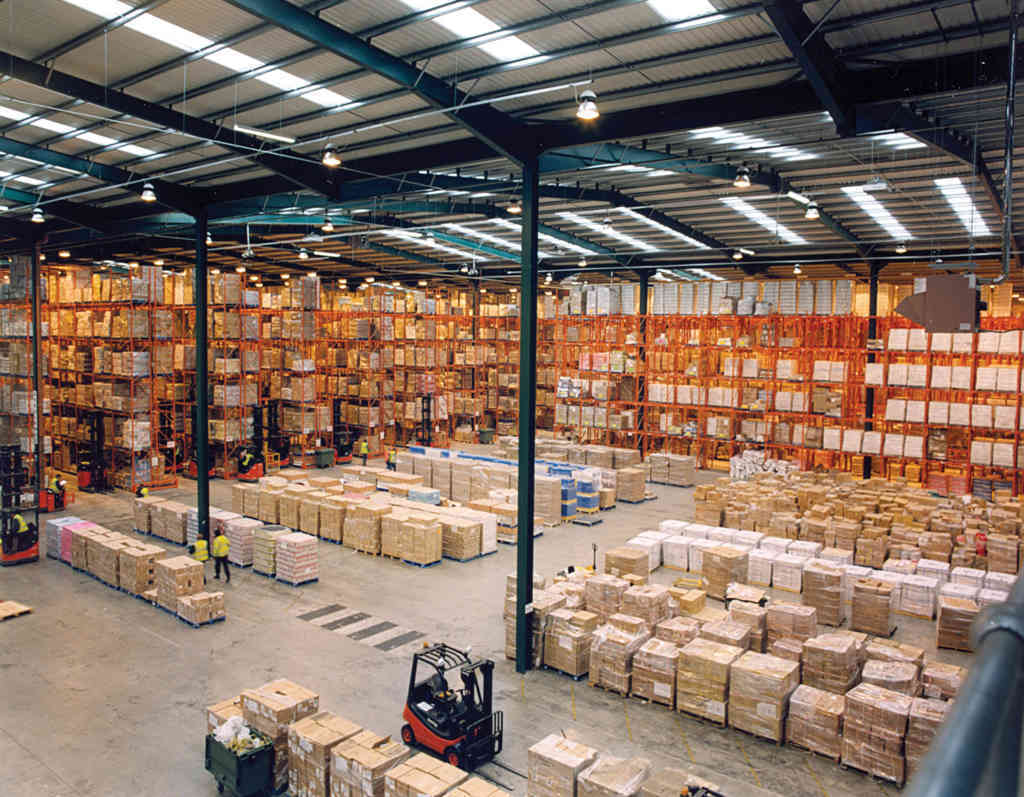The logistics industry in India has been greatly evolved over the past few years from being just first-party logistics provider to offering a complete logistics solution, including transportation, pool distribution, warehousing, package management, logistic optimization, and so on, integrated with advanced supply chain channels. Simultaneously, the government has also taken considerable initiatives to ensure a favorable business climate. One such is an implementation of Goods and Service Tax (GST), which unifies multi-layered tax system into one and providing easiness in business activities. GST is predicted to affect a broad range industries of which warehouse and transport will be the one to see the immediate effect.
Taking logistics and transportation sector into account alone, they form a collective worth of $13 billion. For India to expand its economy, a simpler and more efficient transport system is perhaps required, and GST is exactly going to better this process. GST will eliminate inefficient individual state taxation system, and checking of sales tax during interstate transportation won’t be necessary. Based on a recent study, the waiting time of trucks has been reduced by 50%, with the addition of 8% extra trucks on the road.
Logistics and warehousing forms a crucial part of an organization’s strategic business plan. After GST has been implemented, the multiple warehouse strategy to reduce the interstate tax won’t be effective anymore as GST will create a common ground without differentiating interstate and intrastate sales. This could lead to the merging of multiple small warehouses into one centralized warehouse in order to save on the administrative cost of operating several warehouses. It will result in higher efficiency in supply chains and improved productivity.
As the time passes by, the logistics companies followed by manufacturers may have to adopt this pattern and re-organize their services, focusing more on metropolises such as Delhi, Mumbai, Delhi to Ahmedabad, Chennai and Delhi to Kolkata, where the majority of the central warehouses are located. A manufacturer will not need separate warehouses in each state, shifting to centralization of resources. Instead, they can have a hub in Delhi itself, which serves the entire North region. This will also reflect changes in supply pattern, supplier networks, change in routes for transport companies, leading to optimized and efficient supply chain.
JLL India, a real estate consultancy firm had said that GST will encourage the emergence of new warehousing hubs besides increase in operations within the existing eight hubs. This is good for ecommerce operators as they will be able to reach more regions throughout the country because GST will reduce transit time taken on the borders and the paperwork involved. This can help companies save immense money, which can be passed on to the customers.
Today, logistics include warehousing, transportation, distributing and optimization. The GST tax will be functional on transportation and full credit will be given to interstate transactions. It will ultimately lead to centralization across the country, making the logistics chain more focused, leaner and smarter. The GST will lead to significant consolidation in this sector.



